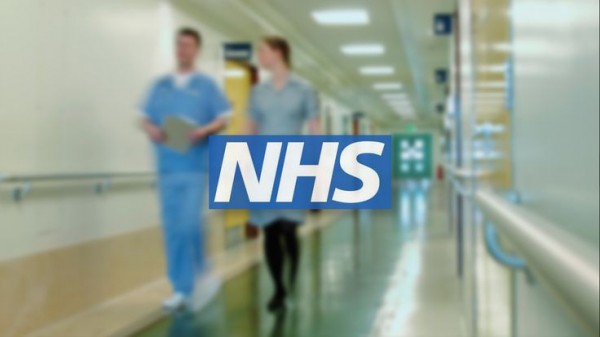Britain’s socialized care continues to collapse as health secretary warns too many family doctors are leaving the system
10/15/2017 / By JD Heyes

It may have been one option once upon a time for the country of England, but as its population has grown over the years — and aged, and gotten more unhealthy — costs of running the National Health Service have skyrocketed past the point where the government can adequately fund its needs.
And now, because the NHS is so chronically underfunded yet still required to provide essentially free care to some 54 million Brits, family practice doctors have become so overwhelmed they are dropping out of the system in droves.
What’s more, no one is replacing them.
As reported by the UK’s Daily Mail, tradition family practitioners are actually at risk of becoming extinct — at least within the NHS — because so many are leaving, warned Britain’s health secretary, Jeremy Hunt.
Noting that doctors who know every one of their patients are the “best things about the NHS,” he nevertheless said that it had become “much, much harder” for physicians to deliver the vital “continuity of care” due to shortages of staff, ‘historic’ under-funding of the system, and the country’s aging, growing population.
In an address to a group of general practitioners at the Royal College of GPs in Liverpool, Hunt also said that very short 10-minute appointments are not serving patients well.
The answer is more GPs he said — and he announced plans to increase training and recruiting of doctors. But he also put some of the onus on existing physicians, asking them to take responsibility for dealing with some of the pressure. He said that GPs could shave an hour a day if they reduced overhead administration and stopped taking about a quarter of appointments which ostensibly could be avoided.
Mother Nature's micronutrient secret: Organic Broccoli Sprout Capsules now available, delivering 280mg of high-density nutrition, including the extraordinary "sulforaphane" and "glucosinolate" nutrients found only in cruciferous healing foods. Every lot laboratory tested. See availability here.
“For me, the best thing about the NHS is having a doctor who knows you and your family,” he said during his speech. “Continuity of care, which is the professional word you use, is incredibly important to us as patients. It’s why we value our GPs and it’s why we love the NHS.”
Continuing, he said, “But the truth is that because we have under-invested in general practice over decades, we have made it much, much harder for you to deliver the continuity of care that I think is part of the magic of general practice.
“I want to turn it around and I recognize I can’t do that unless we get more capacity into the system,” he added.
In July the government published statistics indicating that just 56 percent of patients can always manage to see their preferred family doctor; that’s down from 65 percent just five years ago. And with all of the GP’s abandoning the NHS, that statistic is only going to get worse — and more frustrating for patients.
“It’s is not inevitable, but there is a risk the traditional family doctor could die out if the underlying problems, such as funding and workloads, are not addressed,” said Richard Vautrey, chairman of the British Medical Association’s GP Committee.
“Patients do not want to see a doctor that does not know them and to whom they have to repeat their medical history each time they get an appointment,” he continued. “Doctors also want to build up a long-term relationship with their patients and their families, over ten, twenty, thirty years, and be a part of the local community. We don’t want general practice to become part of gig-economy, like Deliveroo, where you request a consultation and get whichever doctor is available to take the job.”
Hunt wants to increase the number of GPs by 5,000 by 2022. That’s going to be a daunting task, however, because he also said, “The number of GPs who want to leave the profession is at the highest level it has been since 1988.” (Related: Leaked documents reveal NHS plan to train 2,000 ‘nurse associates’ to diagnose, administer drugs without supervision.)
What’s wrong with socialized (100-percent government-run, taxpayer-funded) healthcare? What’s always wrong with it: Too many patients, too few allotted resources, and not enough providers willing to put up with 10 years of school for too little money and too many people to see.
J.D. Heyes is a senior writer for NaturalNews.com and NewsTarget.com, as well as editor of The National Sentinel.
Sources include:
Tagged Under: Britain, fail, funding, general practitioners, health care system, incompetent government, NHS, shortage, single-payer, socialized medicine




















